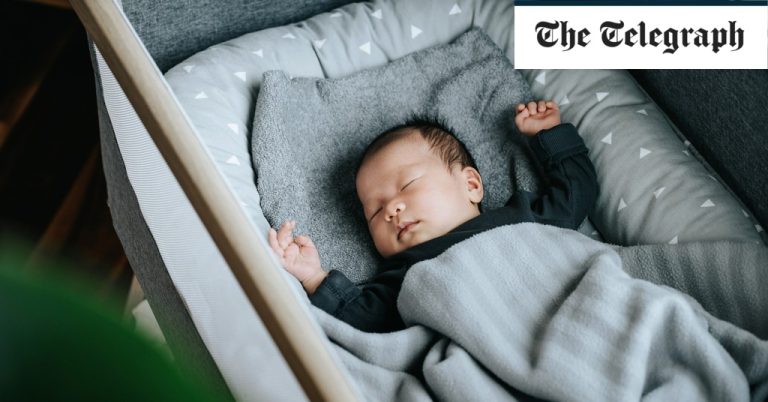“Among people striving to make a living in large cities, most of my friends resist having a second child,” she said.
“The current societal/work environment is unfriendly towards pregnant women and mothers of young children. It is hard for me now to find a job because of my age plus several years of work gap.”
By tackling rising housing prices, investing in education and human capital to boost productivity and using technology to help the elderly, the government could ease the demographic blow of falling birth rates, said Prof Cheung.
“On the other hand, the fertility rate is not going to bounce back to 2.1,” he said, referring to the benchmark for a stable population. “They have to think about what kind of other policies can mitigate the problem of an ageing population.”
Jojo, 33, a jewellery designer from Dali, in southern China, said she and her husband enjoyed being “DINKs” (Dual Income, No Kids) and did not want the responsibility and societal pressures of having a child.
“I think our perspective on children is quite common nowadays,” she said. Among her childless friends, some had been disappointed in love, some indifferent towards procreating.
“Of course, there are more friends who choose not to have children, like us, because they don’t want to lose their freedom,” she said. “Some people also cite economic pressure, educational anxiety, and insufficient energy.”
Older relatives would urge them every Chinese New Year to have a family, but this year her mother had given up. “She said: ‘it’s up to you. Just do whatever makes you happy’.”
